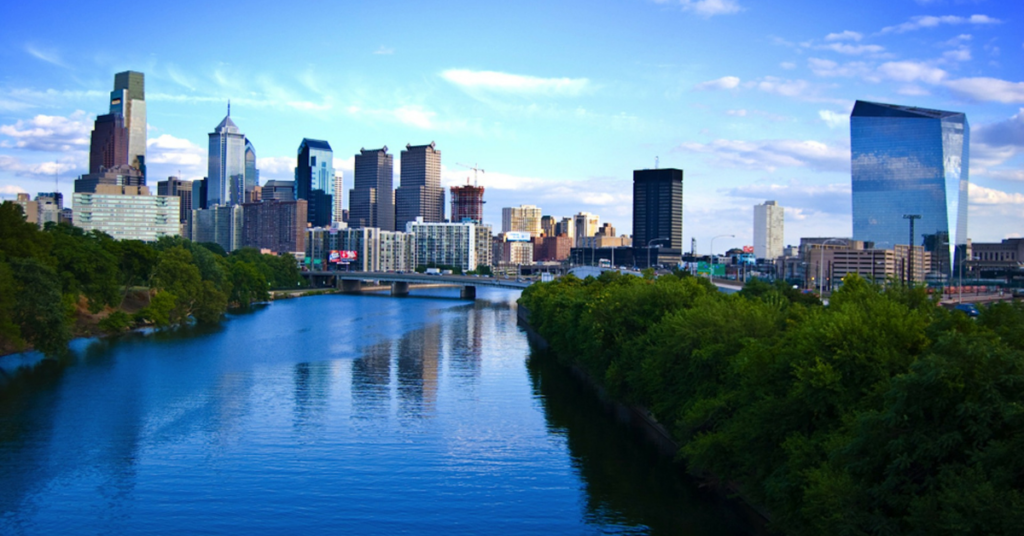Friday, May. 11, 2012
by Danielle E. Gaines, Staff Writer
The following story was updated at 2:50 p.m. May 11.
Gov. Martin O’Malley reiterated the need for increased transportation funding in the state this week, while acknowledging that his gas tax proposal was a long shot politically.
“There is no revenue proposal more unpopular in our United States than one that is associated in any way with gasoline,” O’Malley (D) said at a Wednesday news conference.
Fourteen states have not raised gas taxes in more than 20 years, according to the Institute on Taxation and Economic Policy.
Only eight states and the District of Columbia legislatively increased the gas tax since 2008. An additional 14 states implemented increases through provisions in law that automatically adjust the tax rate based on increases in the price of gas, or in the inflation rate, according to the institute.
O’Malley said rising gas prices was the main factor that thwarted the increase this year.
He will not bring up the gas tax issue during the special session that begins Monday and called finding a new transportation funding program in the state “the work of future days.”
O’Malley’s office did not respond to an inquiry about whether the issue could come up in an anticipated second special session in August.
A representative of Senate President Thomas V. Mike Miller Jr. (D-Dist. 27) of Chesapeake Beach said the issue had not come up in special session talks so far.
Jaime Rall, a senior policy specialist at the National Conference of State Legislatures, said Maryland is not the only state struggling to find transportation funding.
“They’re introduced every year, and few states have been able to increase gas taxes in recent years,” Rall said. “Certainly, general attitudes towards increased taxes and high fuel costs are issues lawmakers take into consideration.”
Rall said gasoline taxes are the major source of transportation funding at the state and federal levels and that revenues have been decreasing for a number of years due to increased fuel mileage and alternative-fuel vehicles.
While states haven’t had success in passing gas tax bills in 2012, other funding strategies such as increased registration renewal fees and annual service charges for electric vehicles have been successful, Rall said.
A Blue Ribbon Commission on Maryland Transportation Funding had recommended the state legislature increase the state’s gas tax by 15 cents over three years to pay for transportation projects. The commission recommended in November that lawmakers raise $870 million in new annual revenue for transportation to supplement the current $3.5 billion annually in the Transportation Trust Fund.
According to the Institute on Taxation and Economic Policy, Maryland would have to raise the gas tax by 15.8 cents just to account for the increase in construction costs since the state’s last gas tax increase in 1992.
The governor was criticized after the session for an inconsistent approach to transportation funding.
In January, O’Malley proposed applying the state’s sales tax to gasoline when he unveiled his other legislative priorities, but a bill wasn’t introduced until February, and it never was voted out of committee in either chamber.
A study by conservative think tank Maryland Public Policy Institute argued that the tax would disproportionately affect the poor because it makes day-to-day living more expensive.
In early April, with the session nearly wrapped up, O’Malley said he wanted to raise transportation funding another way — by adding a penny to the state sales tax. But that plan also failed to gain traction.
If it had, the state would be able to raise funding not only from the tax increase, but also by leveraging those funds to borrow for large-scale, long-term projects, he said.
O’Malley said lawmakers should consider transportation funding in a way similar to the state’s approach to education funding.
“We have invested appropriately and wisely and at a strong level in the education of our children, and our public schools have been named four years in a row the best schools in the country,” he said.
“We have underinvested and not kept pace with the rate of growth and investment that we should have been making in our transportation infrastructure for these last 20 years and we have the worst congestion in the country.”
O’Malley did not address previous raids of the Transportation Trust Fund to balance the general fund or gas tax supporters’ desire for the fund to be constitutionally protected to apply only to transportation projects.
More than $574 million has been transferred out of the trust fund to balance state budgets since 1984; all of the money has been paid back, according to the state administration.
However, the state has taken $947.5 million from highway user revenues since 2003 that has not been paid back and is no longer included on state documents about the trust fund, said Lon Anderson, a member of the blue-ribbon commission.
“That fund has been the state’s cookie jar for some time,” he said. “We will support a transportation funding increase, but we have a prerequisite: Protect the fund.”
A bill that would have dedicated the fund to transportation projects died in Senate committee this year. A similar bill also failed in Alaska. The legislatures in Georgia and Illinois are still considering bills that would protect transportation funding.




